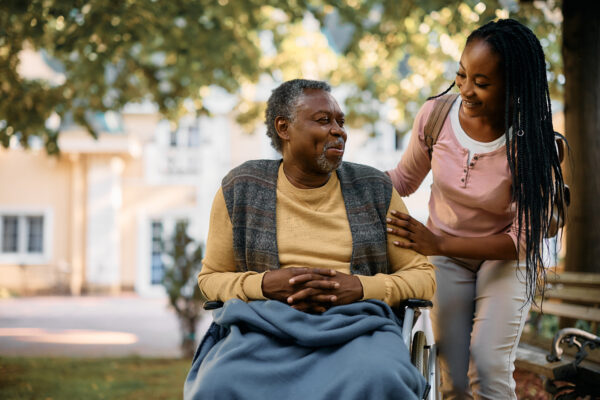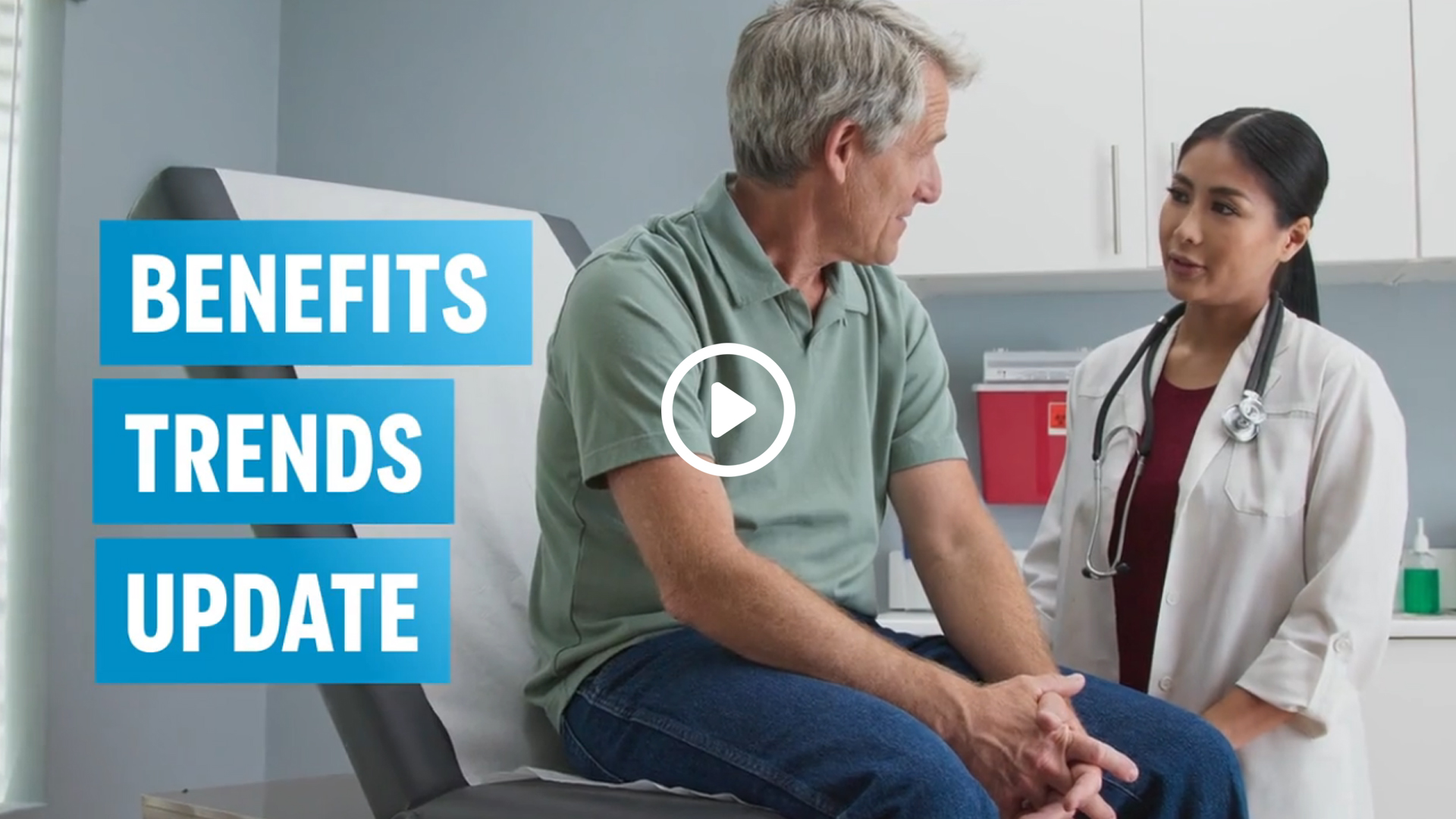 When residents move into a senior living community, some start to lose the connection to their family. This can have a negative effect on their mental and physical wellbeing. Of course, the individual will be provided extra assistance and medical help for day-to-day activities they can’t normally do on their own anymore, but for some, it’s hard to accept this phase in life. There’s a stigma out there that family involvement isn’t necessary. That couldn’t be further from the truth.
When residents move into a senior living community, some start to lose the connection to their family. This can have a negative effect on their mental and physical wellbeing. Of course, the individual will be provided extra assistance and medical help for day-to-day activities they can’t normally do on their own anymore, but for some, it’s hard to accept this phase in life. There’s a stigma out there that family involvement isn’t necessary. That couldn’t be further from the truth.
Getting the Family Involved
There are different ways to get the residents’ family involved, varying from social day-to-day decision-making and senior living planning. Each one is equally important to the health and wellbeing of your residents. Family support and interaction have a major influence on a person’s physical, mental, and emotional health. This greatly improves their quality and general outlook on life, and it starts with the family members.
Coordinating Family and Community Events
How is your community integrating family activities into its schedule? The best way is for the staff to promote family and community engagement with activities such as coordinated special events and engagement days. Of course, the staff is there to assist in some of the daily activities like dining, bathing, etc. However, it doesn’t mean family members have to be absent. There are ample opportunities for family members to attend engagement days and events or simply take a walk with the resident, dine, play games, and assist in any nighttime preparations. Any and every opportunity is meaningful!
It’s understandable that families get wrapped up in their own lives and don’t always have the time or the want to make the commitment. Life gets busy, time passes us by, and sometimes, it runs out. Encourage your residents’ family members to add reminders in their calendar or on their phone to call and visit as much as possible. Ensure the staff stays connected with residents’ family members to constantly communicate their loved one is getting all the services and care they need. For more information, contact an MMA Advisor.




